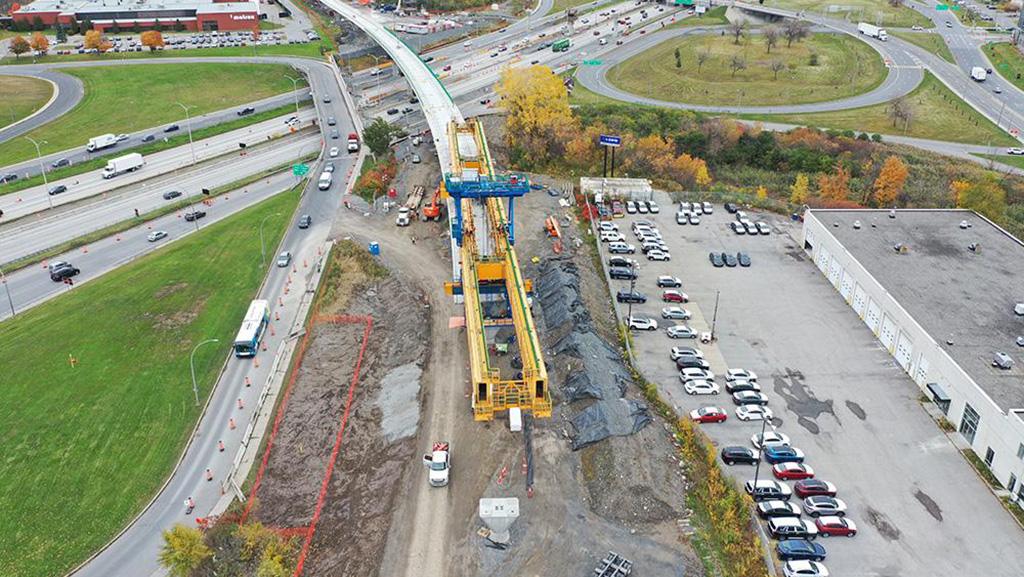reaperexpress
Senior Member
I suspect you're right and they made sure to secure agreements before the companies separated.Presumably FECI made sure contracts were in place to ensure appropriate contracts were in place to ensure Brightline’s priority when FECR was sold. Something it appears as if the Canadian government didn’t ensure when they sold CN (or asked CP if they could take over their passenger rail services).
It would definitely be a much bigger challenge with CN which has been separate from the government for decades already, but it does at least demonstrate that it is theoretically possible for a freight railway and a passenger train operating company to come to a mutually beneficial agreement if they can somehow be convinced to think collaboratively.
That project was a billion dollars on its own, and from what I've heard, Via or the Feds pay CN to maintain the Kingston Subdivision at a 95mph standard rather than the lower speeds they'd design for if left to their own devices. I figure that 40 years of those payments is not a small sum.Was it billions? I’m only aware of the one project since the privatization of CN, to triple track a small portion of the Kingston Sub, which has allowed an historic number of trains between Toronto and Ottawa (the “glory days” only had a couple trains a day).





